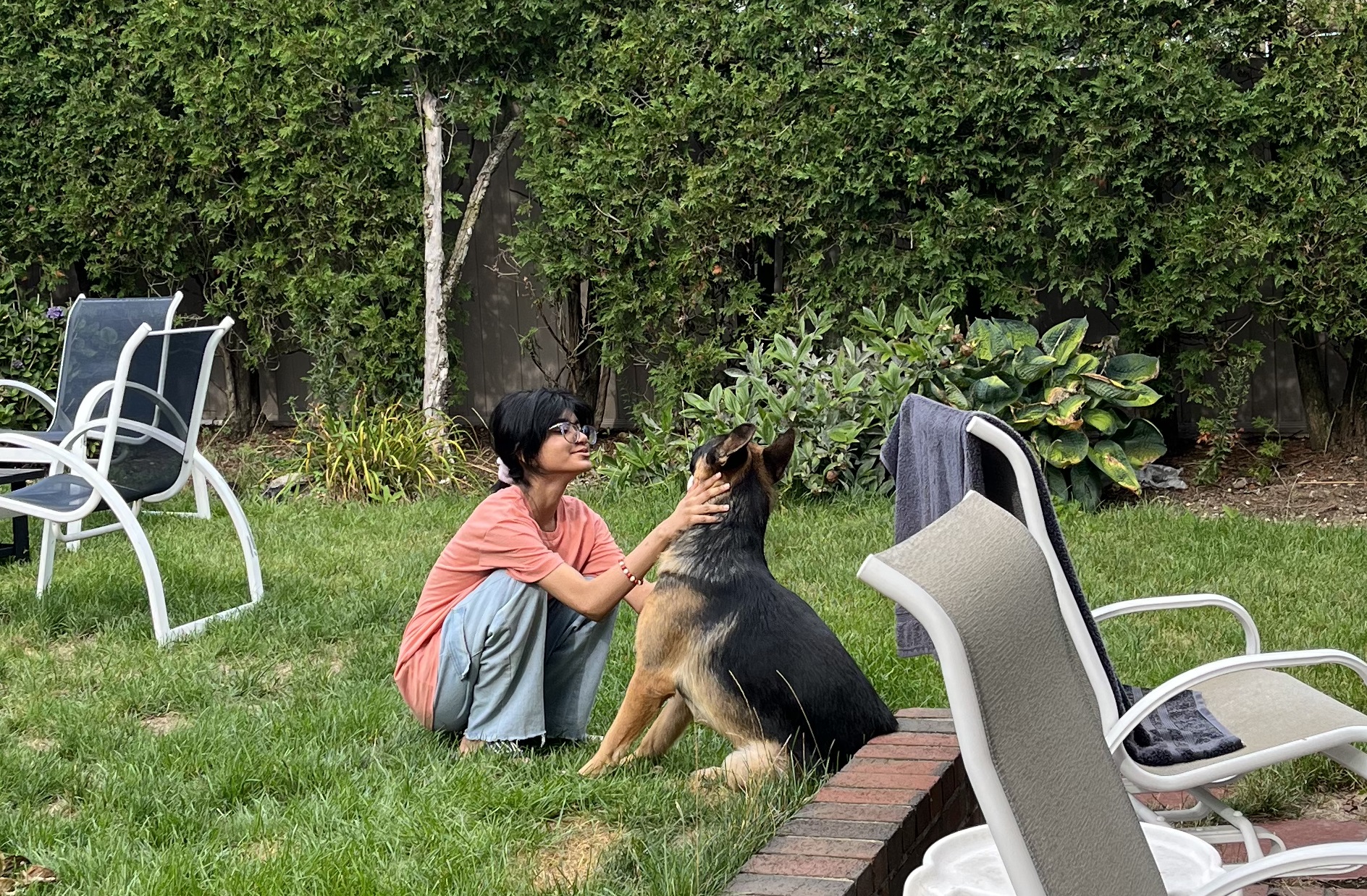
Animals are just one of the things Eli loves in his life. Here he is with his cousin’s dog, Leon. “He’s just a pup (though he is huge),” Eli says. “I love him sooooo much.”
Hello! My name is Elijah, but people mostly know me as Eli.
Three years ago, in mid-December, I decided to try and take my own life. I was about 12 years old, not knowing anything but the harsh feelings I was feeling. Before I was hospitalized, I never had any encounters with therapists, psychologists, etc. I didn’t believe anyone would ever be able to help me; I truly believed life was not meant for me. Meeting countless licensed strangers, one after another, didn’t feel right for me, and every single one of them proved and heightened my belief. I have a hard time opening up, even now.
The next step was supposed to be the first step, but since I was in such a severe situation, therapy only started taking its first step after I found the right therapist. It doesn’t mean all of the other people weren’t good at their job, it just meant they weren’t right for me and the person I am. After a few trials and errors, I finally found someone I still believe is right and suited for me.
I never had the decision to even think of what I wanted to do with myself—if I even wanted to get better. After just a few sessions with my new therapist, I finally realized how deep in the hole I really was, how horrible the feelings I was feeling really were—and that I did want to get better. I didn’t want to feel the way I was feeling anymore. I was so accustomed to my own thoughts because I’d been living with them day by day. I thought I knew what life really was. Looking back, I was just a very afraid and vulnerable kid, and I still am, but I want to share my vulnerability today.
Accepting is the first step to growth. I accepted where I was at that point, and I was trying my best, with the help of my loved ones, to become a better version of myself. Maybe even the best. I didn’t even notice my change until my therapist pointed out how I was a lot more interactive in the conversations I had with her, much more in the moment and engaged. I was interested in others and learning to be interested in myself. Being here, in this world, didn’t seem as bad as I first thought it to be. It wasn’t anything big, I didn’t feel like I won the lottery, but it felt nice to walk to the park with my little sister, it felt nice to open doors for others as we smiled at each other, and it felt nice to share meals with my family, knowing how much work my mother put into each one. I started noticing the smallest things, which made living life feel nice. I realized my big feelings weren’t as big as I thought and started having faith in my future, not just for the long run, but for tomorrow. Life moved on. I started to do the same.
Therapy taught me a lot of things, especially the way I interact with myself and my mind. If I ever have the slightest thought of something negative regarding myself, my immediate reaction now is to ask myself why. Therapy also made me realize how others in my life were also struggling, maybe not as severely, but they were still struggling. Before I would barely speak to my parents; now I try to stay near them as much as possible … not always talking but having our presence within a close distance was enough. I have learned many ways to calm myself down during an episode or whenever I am having a rough time. It has also taught me patience for myself, and to not judge myself, like how I wouldn’t for others … admiring the simpler things and living in the present.
More importantly, I have learned that healing has no destination. For the short term, I would like to pass all of my classes and maybe even make a few close friends this school year. Right now, my only goal long term is to get into a good university and be able to provide for myself and my family. I feel more hopeful for my future.
Thank you, Diana, for letting me experience life as it is.
Response from Eli’s therapist, Diana Michelena, Program Coordinator, Youth Intensive Outpatient Program (Youth IOP), Cohen Family Wellness Center:
I’m so glad Eli decided to write his story—to inspire others, and so that he can see for himself his incredible gifts, strengths, and potential.
Eli is a 15-year-old transgender boy who initially presented with severe depression symptoms. He was reporting severe low mood, lack of motivation, urge to self-harm, multiple hospitalizations, and suicide attempts. Additionally, he struggled in school, refusing to attend for months. It is heartbreaking to see a young person in such distress, with them not knowing how special and unique they are. They don’t know it can be better, and I am so grateful it is my job to get them there.
Eli attended our Youth IOP, participating in multiple individual sessions a week. His mother also attended sessions, and we worked together to determine ways she could best support Eli. Family involvement makes such a difference, and the vast majority of families want to do right by their children and will do so, given the tools and chance.
The family also collaborated to support Eli’s academic concerns. We connected them to a school that specializes in students with emotional needs. Throughout the program, Eli made outstanding progress, and today he is a thriving graduate of the school and returned to public school this year. He has been able to connect to staff and students, reported finding joy in little things again, and has been making great effort to engage in the community around him. He reports that he hasn’t had suicidal thoughts in months. Most remarkably, Eli has just ended his Summer Youth Employment Program, which I know he is rightly proud of. I have no doubt that Eli will continue to make himself proud. He has come so far, after facing so many challenges. He is full of a promise he is now poised to realize, and I can’t wait to watch him soar.
Editor’s Note: If you are actively suicidal, go to your nearest emergency room or call 911. For anyone who is experiencing suicidal thoughts, help is available.
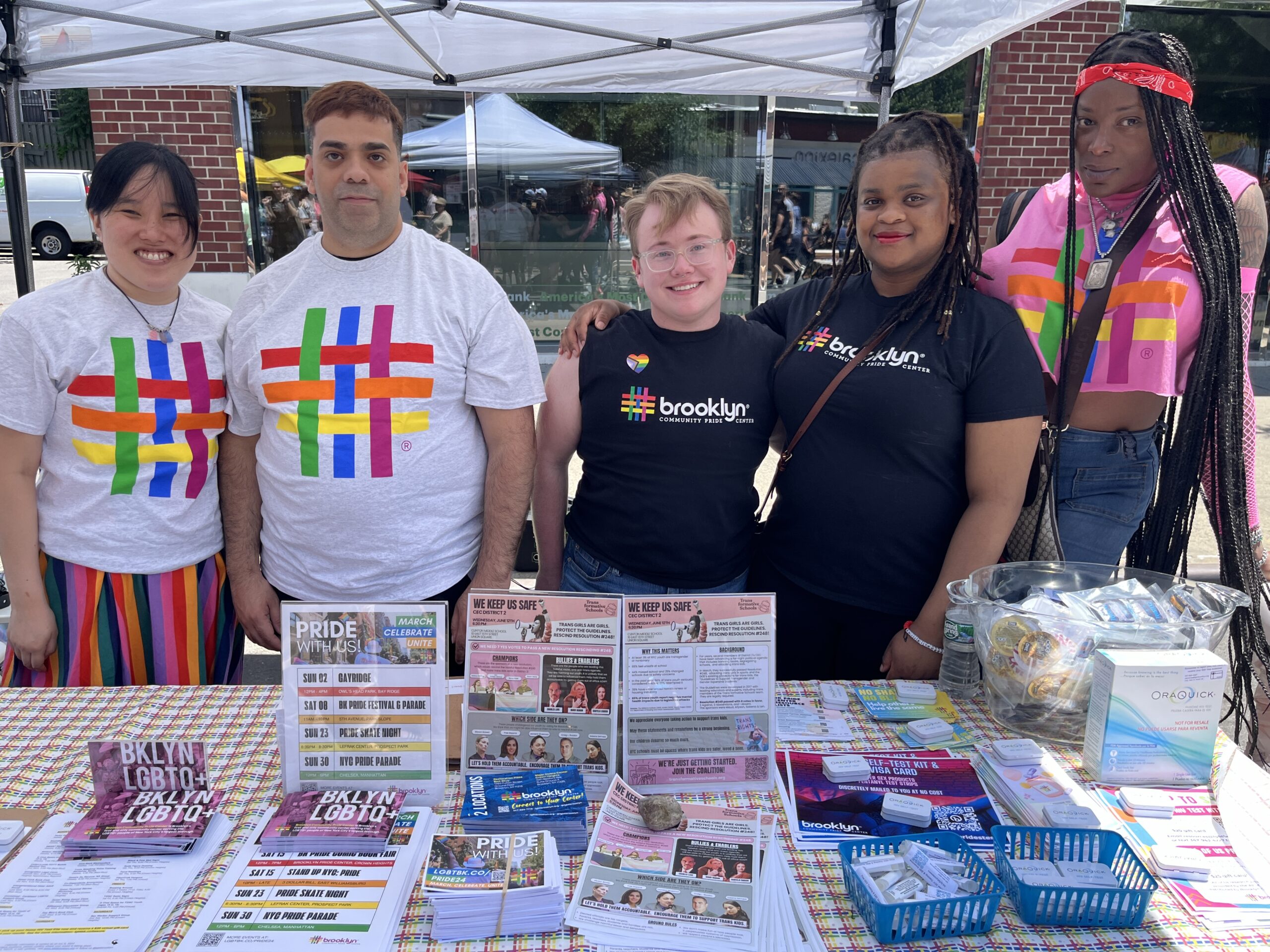
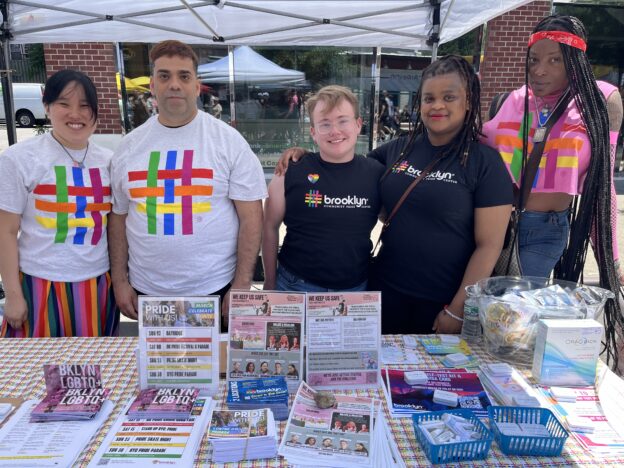

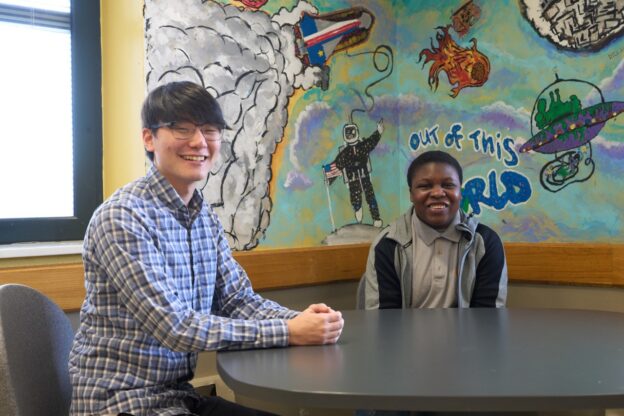
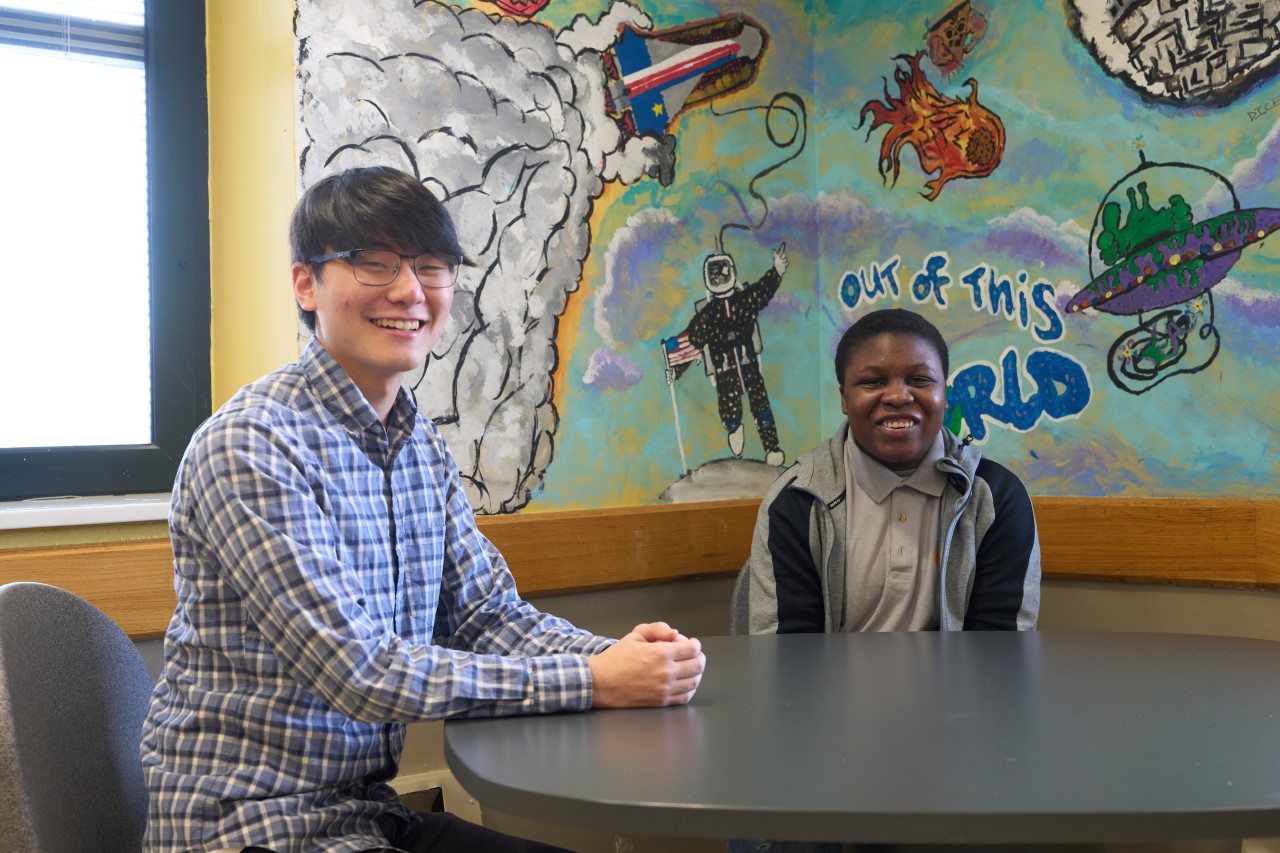
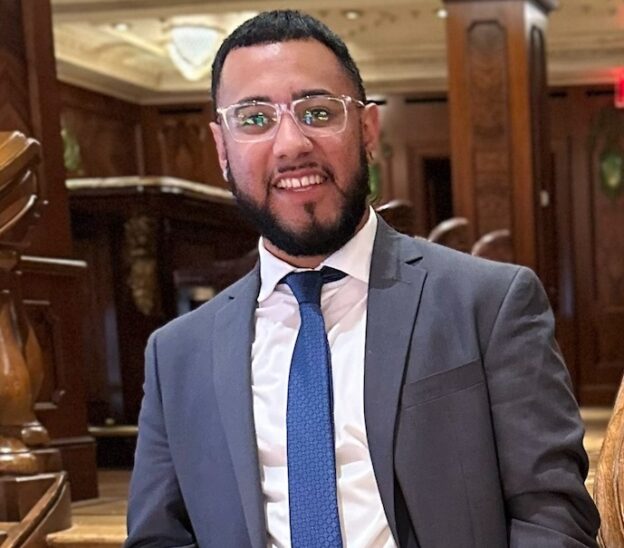
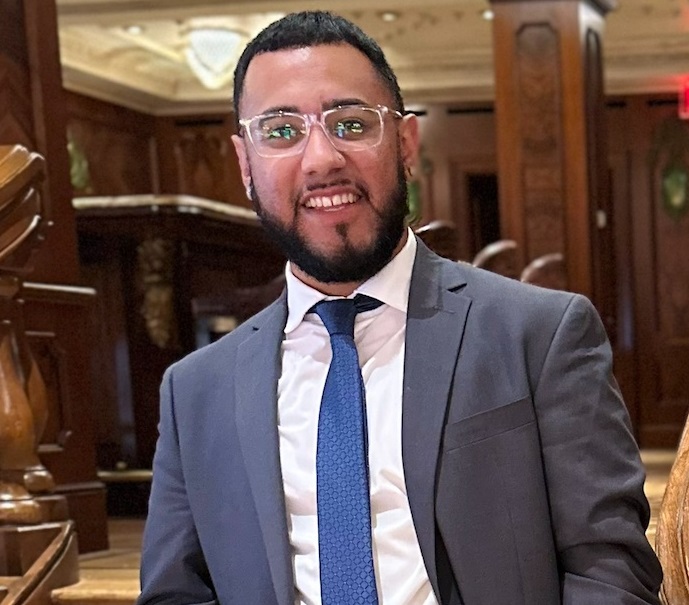

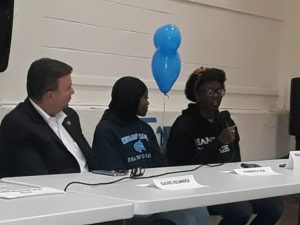
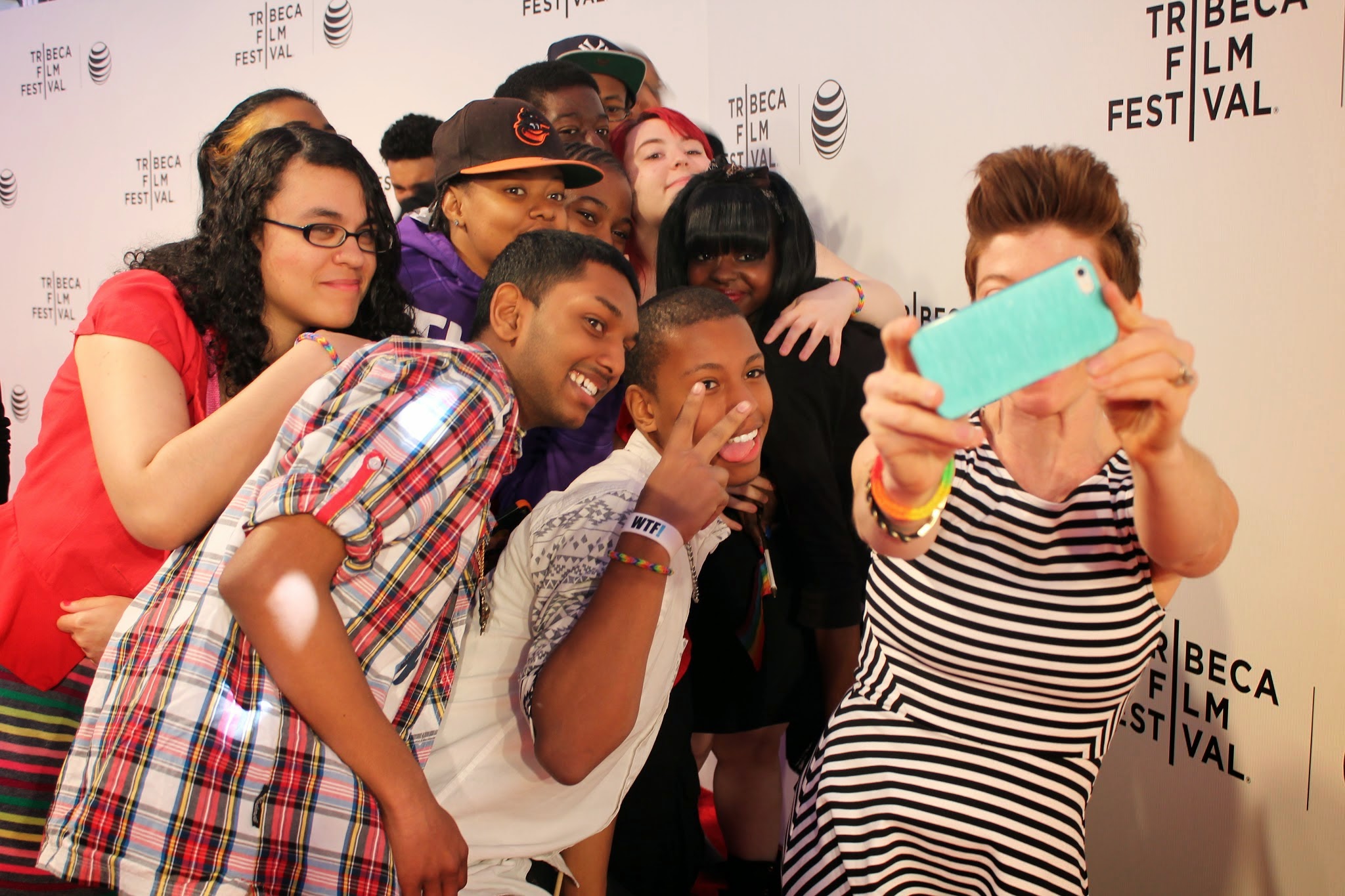
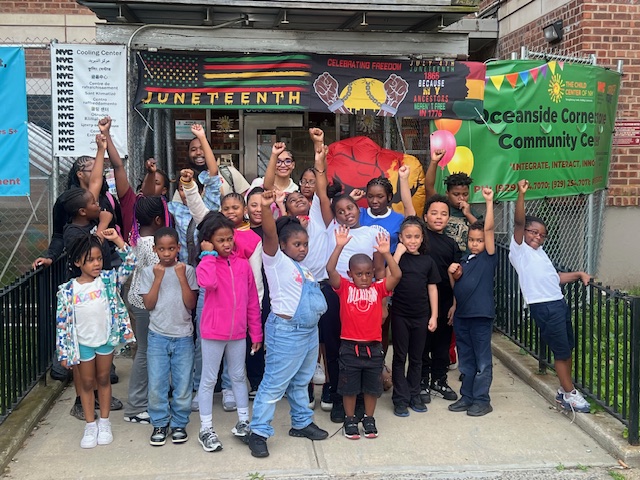
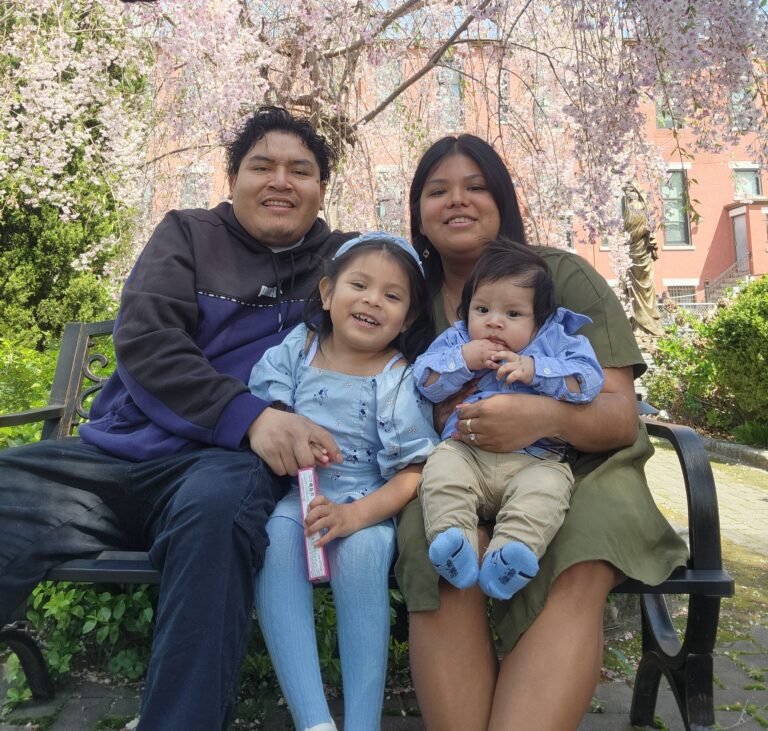
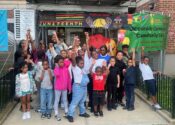
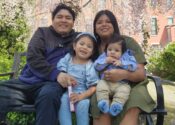


You must be logged in to post a comment.